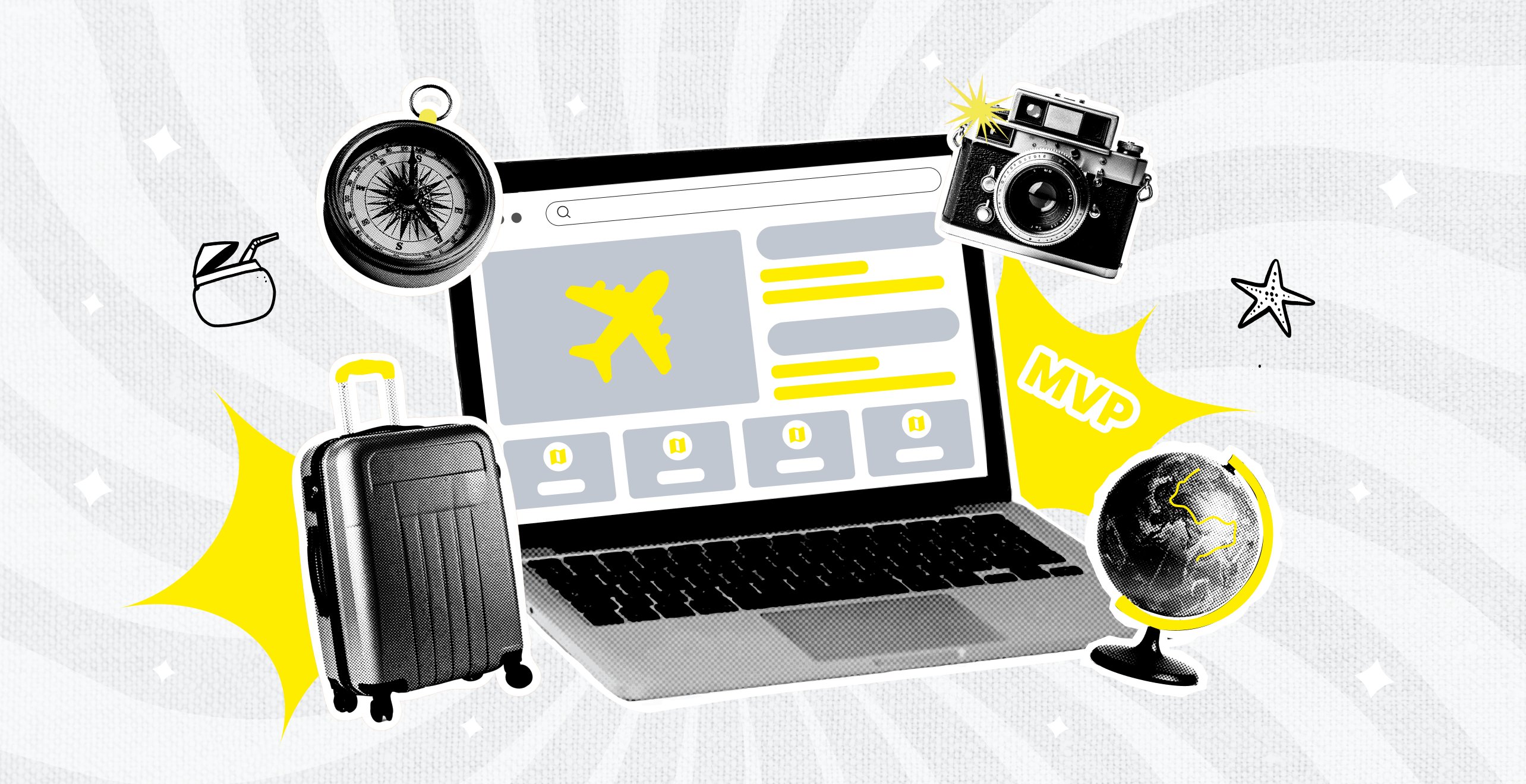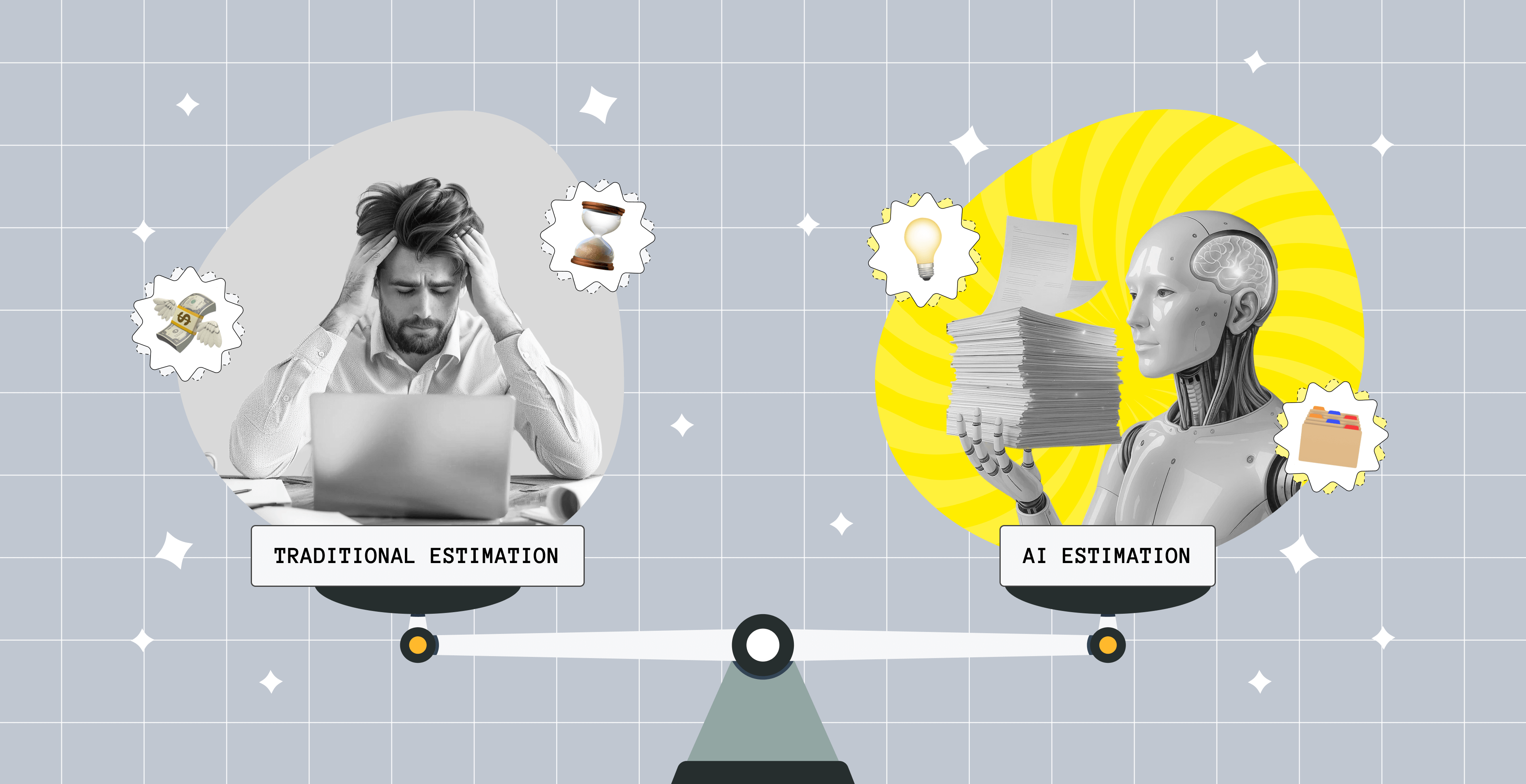Stripe vs PayPal vs Braintree: Which Payment Gateway Is Better?

If your product and business model assume having clients pay you, most likely, you'll need a solution that'll allow for accepting payments. In this case, all of your effort from UX/UI and development to marketing, sales, and further support go down to money appearing on your company's account.
Yet inconvenient payment processes are a common sales funnel roadblock, one too often draining all of your customer acquisition efforts. Hence, if this threshold step is poorly handled, chances are high that your potential buyer won't leave their card details and abandon you halfway through.
What could lead to such hesitation? Well, you can have an irrationally extensive checkout with too many steps and fields to fill out. Or your solution may lack preferable payment methods and generally cause doubts or mistrust if it seems insecure.
So, instead of reinventing the wheel and building a convenient and trustworthy payment process from scratch, numerous organizations opt for payment gateway integration. They give preference to well-reputed solutions to unburden themselves from complex custom functionality development, as well as strict compliance and cybersecurity matters.
On this page, we'll overview the best payment gateways and compare PayPal vs Stripe vs Braintree to help you choose which option is a better fit for your product.
Buying things online cash-free has become customary in the past years. Just look at how broad-based e-commerce has become! Hence, those businesses that already sell goods or services online or plan to build a marketplace (or some other payment-accepting solution) must have a decent system that'll allow for processing financial transactions.
Because user demands are high, the payment engine has to be impeccable in terms of usability and security. Additionally, it must have a wide variety of payment methods that customers can choose from according to their preferences, and this doesn't go down to just debit and credit cards.
So, what's a payment gateway, exactly?
A payment gateway is cloud-based software that is used to transfer information about a payment from a buyer to a seller's bank account. Such a fintech solution has to get a hold of the provided payment data, as well as communicate, process, and authorize a transaction (i.e., make sure that the client has available funds and pays the seller).

As you see, whenever a payment is issued online, the payment gateway securely connects several parties (the seller, the client, and the banks). Let's assume a person wants to buy a product on a website; he adds the item to the cart and proceeds to the checkout, where he can select a payment method and enter the credit or debit card details to make the transaction. What happens next?
In turn, the integrated payment gateway is responsible for:
- encrypting the payment details the customer entered;
- passing the corresponding data to the customer's bank for authorization and approval;
- receiving the request response from the client's bank (indicating that the bank either approves or declines the transaction);
- sending the response back to the website (to signal payment success or denial) and information to the merchant’s bank account (to move money to the account);
- handling all the sensitive data securely.
Opting for a third-party payment service provider and getting such an account can unburden a business that wants to receive payments online.

Incorporating a payment gateway can bring multiple benefits to a company, including:
- saving time and resources on developing a custom digital payment processing system (which has high standards in terms of legal compliance and cybersecurity);
- passing sensitive financial and personal data handling responsibility to an offsite payment gateway provider, a middleman that'll authorize the payments;
- having the opportunity to set up and customize the payment process and flow simply;
- getting access to ready-made features provided by the gateway (such as split payments, which are very useful for marketplaces);
- issuing payments in various currencies with ease and covering multiple countries.
Deciding on a suitable payment solution to integrate is vital for those planning a development project and working on product feature prioritization. If you are selling your digital services you should use Merchant of Record as it simplifies payment processing, tax management, and regulatory compliance. Although Stripe, PayPal, and Braintree are all noted as the best payment gateways, which of them is optimal for you?
To help you make up your mind, we'll go over the payment methods and integrations that these solutions support. We'll note how they differ in terms of pricing options and compare many other fundamental points to show you the difference between Stripe and PayPal, also comparing them with PayPal's service Braintree.
All three solutions have a good reputation and are widely used around the globe. Let's review some introductory things about each of them.

PayPal Quick Facts
PayPal is a renowned financial technology company that offers online payment systems. This is a well-recognized brand, known by up to 95% of users in the USA.
- Various brands opted for this solution, including Best Buy, Bed Bath & Beyond, Spotify, and Nike.
- It is available worldwide in over 200 countries.
- It supports 25 currencies.
- PayPal is considered a good payment gateway choice for businesses that need the opportunity to accept international payments from almost any country, including offline payments. However, for businesses exploring PayPal alternatives, there are numerous other payment gateways to consider that may better suit specific needs.
Braintree Quick Facts
Braintree is a sub-service that's currently provided by PayPal. But since the pricing models and supported payment methods of these two platforms differ, we'll look at them as independent products.
- Bringing up a few companies that have chosen Braintree, it is used by Uber, Yelp, and Dropbox.
- The solution's reach covers 45 countries, which is a major difference between PayPal and Braintree.
- It also supports more than 130 currencies.
- Braintree is recommended as a good option for marketplaces (it's much better adapted for such purposes than PayPal).
Stripe Quick Facts
Stripe is another well-known product that enables businesses and users to handle payments.
- It is chosen by organizations like Booking.com, Lyft, Ticketmaster, Amazon, and Adidas.
- As of autumn 2022, Stripe is available in 47 countries worldwide.
- It supports over 135 currencies.
- Stripe is a reasonable choice for various business types regardless of size, except for high-risk businesses, which it doesn’t support. If your business falls into this category, understanding the benefits of a high-risk merchant account can help you choose a payment solution that better aligns with your needs.
When weighing the pros and cons of a gateway solution, pricing is among the most decision-influencing factors. These three services offer more or less comparable terms, but the rates may slightly differ depending on your country.
In short, such systems usually have a flat fee for each online transaction along with an additional fixed fee (commonly, under 1 US$). Moreover, you might be charged an extra conversion fee of around 1-1.5% for international or multi-currency transactions. On the other hand, PayPal and Braintree, for instance, have lower fees for non-profit organizations and charities.
Below you can see a short pricing rundown. Feel free to check the corresponding websites for the freshest updates.
As you can see in the table, some payment gateways don't charge monthly fees for using the platform. Plus, we can conclude from the transaction fees shown above that Braintree is more cost-efficient for transactions that are larger, while with Stripe it's the other way around.
As for issuing refunds, the terms are usually the same. Stripe, PayPal, and Braintree allow to issue partial or complete refunds without paying any fees for this action. But in this case, you won't get back your initial fee that was charged for the transaction (for example, the 2.9% + $0.30 you paid).
If you and the customers face a dispute, you'll have to pay a flat rate of 15 US$ for the chargeback with Stripe and Braintree. In the case of PayPal, it is 20 US$.
The select payment gateways differ by the payment methods they support. Although all three accept the standard card set, PayPal can process much fewer options, showing one more big difference if we compare PayPal vs Braintree and Stripe. Here's a table providing a quick summary.
As you can see, Braintree and Stripe are way ahead of PayPal when it comes to the variety of supported payment methods. Importantly, both gateways are capable of processing Bitcoin payments and such popular consumer wallets as Apple Pay or Android Pay.
One more point differentiating Stripe and Braintree is that Stripe can process AliPay (which is broadly used in China), whereas Braintree supports Venmo (a solution they acquired a while ago). Nonetheless, Stripe does not support PayPal, so you might consider Braintree as an alternative if offering PayPal is important for your product.
Note that exceptions may apply regarding specific countries. For instance, Stripe supports Visa and Mastercard in all countries, while for American Express it excludes Brazil, Malaysia, Thailand, and the United Arab Emirates. Therefore, it is also vital to check the card brand limitations if your clients are all around the world.
Another point that is crucial when thinking about using a payment gateway solution is whether it can be easily integrated into your system or not. Fortunately, all three payment gateways that we're overviewing have multiple APIs that can be used to connect with your product.
As such, they can be linked to solutions that are based on the following programming languages:
- PHP;
- Node.js;
- Python;
- Java;
- NET;
- Ruby on Rails.
Additionally, PayPal, Braintree, and Stripe:
- have available solutions for Android and iOS mobile app integration;
- can integrate well with Shopify, WooCommerce, BigCommerce, Magento, WordPress, Joomla, among others;
- offer numerous pre-built solutions and plugins;
- allow for developing your own custom integrations using open APIs.
Need help with payment gateway integration?
Feel free to contact Upsilon, we'll be glad to help you incorporate a payment gateway to your solution

Intuitive setup and use is another factor affecting your payment gateway choice. Stripe, PayPal, and Braintree provide documentation that lines out all the technical must-knows.
Setup and onboarding are simple in all three cases, so it won't take you long to create an account, link up the solution, and start receiving money. For instance, you can seamlessly set up a fully functional PayPal checkout gateway inside your WooCommerce store in less than 5 minutes. Yet Braintree and Stripe are noted for being more developer-oriented, offering more tools and support.
Plus, there are many other tools that allow customizing these payment gateways to fit your product's needs. This includes and isn't limited to tweaking payment pages, choosing a theme, and creating or optimizing the checkout flow.
The three payment service providers offer many features that may be vital for your product. For example, since marketplaces have numerous brands presented on one platform, it makes sense to let clients purchase goods from multiple vendors in one order at checkout. But dividing, managing, and issuing the corresponding payouts to several vendors after receiving a single order payment can get tricky. That's why it's convenient for marketplaces to use split payments. This feature is provided both by Braintree and Stripe.
The following table shows some of the features available on PayPal, Braintree, and Stripe. Note that many of them may come in package offers.
Of course, these three payment processing solutions aren't the only ones available on the market. Payment gateways are a common product sector in fintech app development and SaaS application development. As such, you may also consider the following providers instead of Stripe, Braintree, or PayPal:
- Square;
- Helcim;
- Dwolla;
- Pauline;
- Skrill;
- 2Checkout;
- HyperPay;
- Ingenico;
- Adyen;
- Fondy;
- Authorize.net.
Not sure which payment gateway to choose?
Upsilon will gladly give advice on which gateway solution will be suitable for your business

As you might have guessed, there is no single right answer to which payment gateway is better as it all goes down to your specific business needs. But how do you finalize on a payment gateway that'll best fit your company? How do you choose one over the other when comparing Braintree vs. Stripe, Braintree vs. PayPal, Paypal vs Stripe, or other gateway alternatives?

Here are some recommendations.
- Browse the currencies and countries served (Does the payment gateway cover the countries and currencies you're working with?)
- Study the PCI compliance matters (Is the solution secure enough and will it handle the financial data via encryption?)
- Look at the available types of payment methods (Does the solution support the payment methods that your customers prefer?)
- Review the provided features and offered integration opportunities (Does it have the features you're looking for and may it be customized? Can the payment gateway be simply integrated with your solution technology-wise?)
- Go through the pricing models (Will you have to pay monthly or annual fees? Are you fine with the transaction fee amounts and refund terms?)
As you can see, integrating a third-party payment gateway can be a good shortcut for numerous development projects. Fair enough, there are downsides to such solutions, one of them being that they come at a price.
Additionally, this is a good niche for startups thinking about creating a fintech product as a payment gateway is an integral part of numerous applications.
If you have questions about payment gateways and need a consultation from developers, feel free to contact Upsilon, we will gladly share our expertise. We have been providing SaaS application development services for quite a while now, so we can advise you on which option is right for your product and give you a hand with integration.
to top









